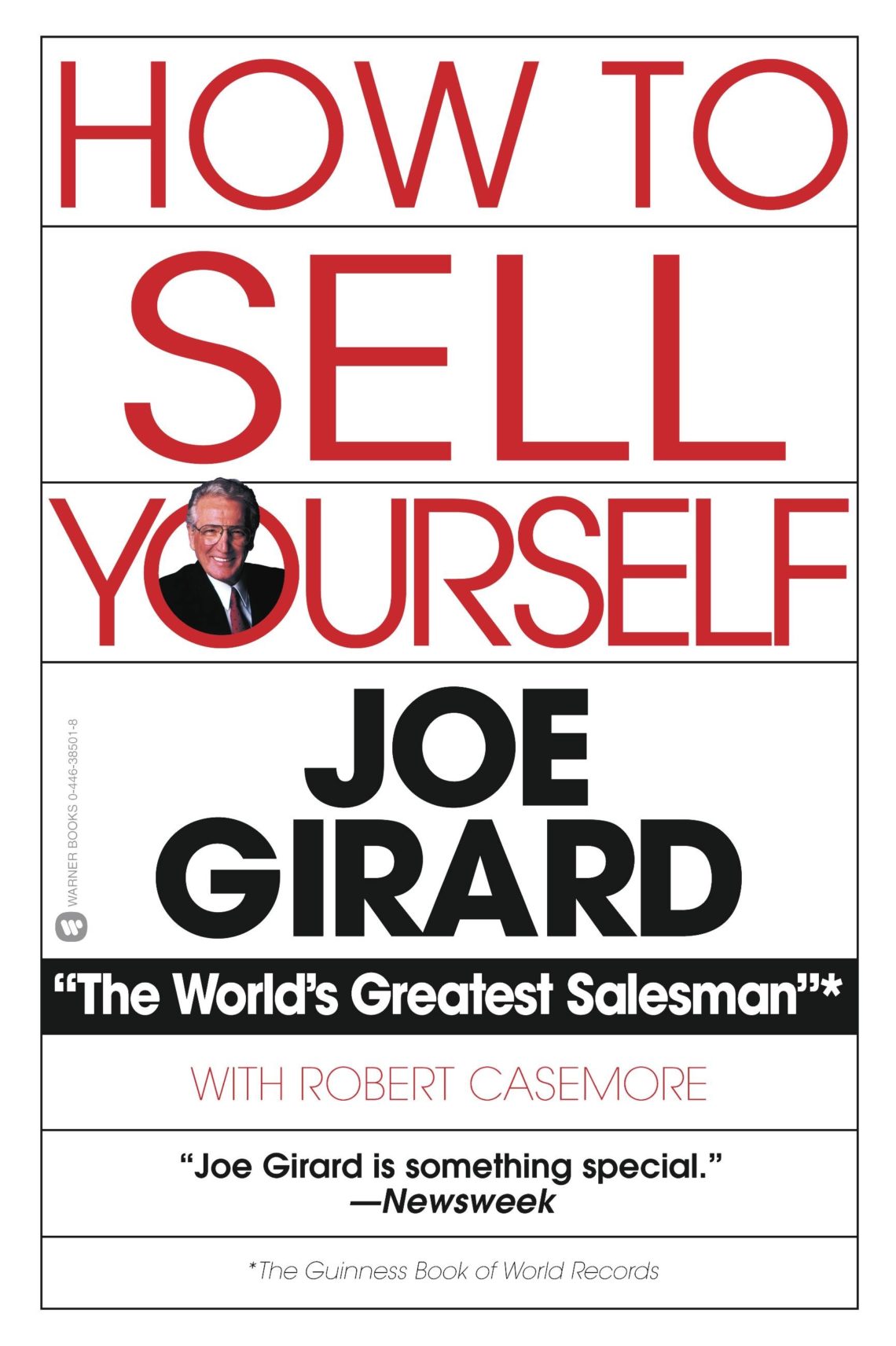When employers read your cover letter they need to be certain that your skills and experiences are relevant to your future career. To convince recruiters that you’re right for a role, follow these top tips for writing your cover letter:
Match yourself to the company’s requirements…
Identify the competencies they are seeking and think about how you match those. You can do this by reading the literature on their website. Think about the tasks and activities you could be involved in on a daily basis in the role and the skills they require.
Also consider your colleagues, the range of clients and other organisations you could be working with. If the job description has an extensive list of essential skills, try not to refer to each and every single one. This will make your cover letter overly long. Instead, focus on a few of the required skills which demonstrate your major strengths.
Furthermore, try to anticipate which skills are the most important to the job and make sure you address these concisely, but with sufficient detail.
Market yourself…
No one is going to do this for you. It’s a good idea to draw on a range of recent experiences and activities that demonstrate you have got the competencies the company is looking for. Think about the different areas of your life, such as your studies, your work experience, your leisure interests and the voluntary activities that you’ve done.
Consider the tasks and activities that you have been involved in, especially if they are linked to the industry. How did you contribute? What was the end result? What did you learn? This will provide you with a ‘skills bank’ of examples which you can use.
Promote your interpersonal skills…
Most companies place huge emphasis on working in teams, developing relationships and collaborating with colleagues. Your statement needs to reflect your excellent interpersonal skills. Relevant experiences to highlight are: involvement with clubs, societies and sporting activities at university and part-time jobs, internships or placements; especially if they have been in the relevant industry sector.
Even working in groups for projects whilst at university or college are relevant. These activities will highlight to a recruiter that you are a team player and will enable you to demonstrate that you have developed valuable skills such as leadership, teamwork, negotiation, communication and persuasion.
Demonstrate your industry awareness…
You need to make it clear to a recruiter that you have a genuine interest in the area of work you are applying for and that you understand how the particular company and industry sector operates as a whole. One way that you can develop this knowledge and begin to demonstrate this in your cover letter is to keep up-to-date by reading relevant industry websites, journals, publications and newspapers.
Create the right impression…
Make a positive impact by keeping your writing concise and to the point. Check for spelling and grammatical errors. This will show that you have effective written communication skills, an eye-for-detail and accuracy. These are all key skills in most career paths.
Don’t cut & paste…
When you’re actively seeking a new role, it’s all too easy to copy and paste sentences from previous cover letters into others. After all, nobody wants to put the wrong company’s name on their cover letter. It might well end up in the bin pretty quickly. It’s important that each cover letter is specifically targeted at the individual company.
This will instantly make your writing more genuine, honest and interesting for the recruiter. Furthermore, as the roles and competencies sought vary for each job, it is basically impossible to make your cover letter completely relevant to the individual job if you are copying and pasting big chunks of text.


